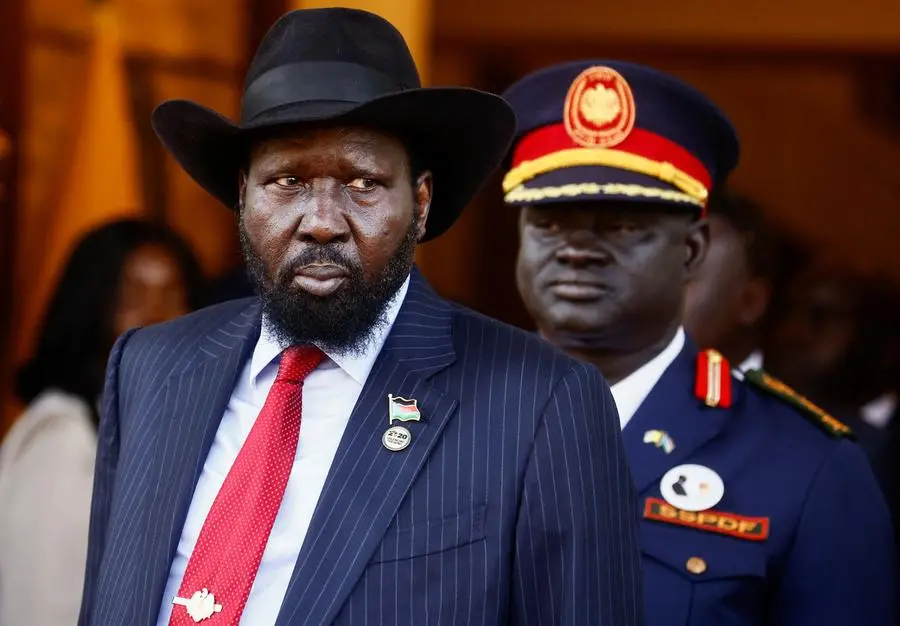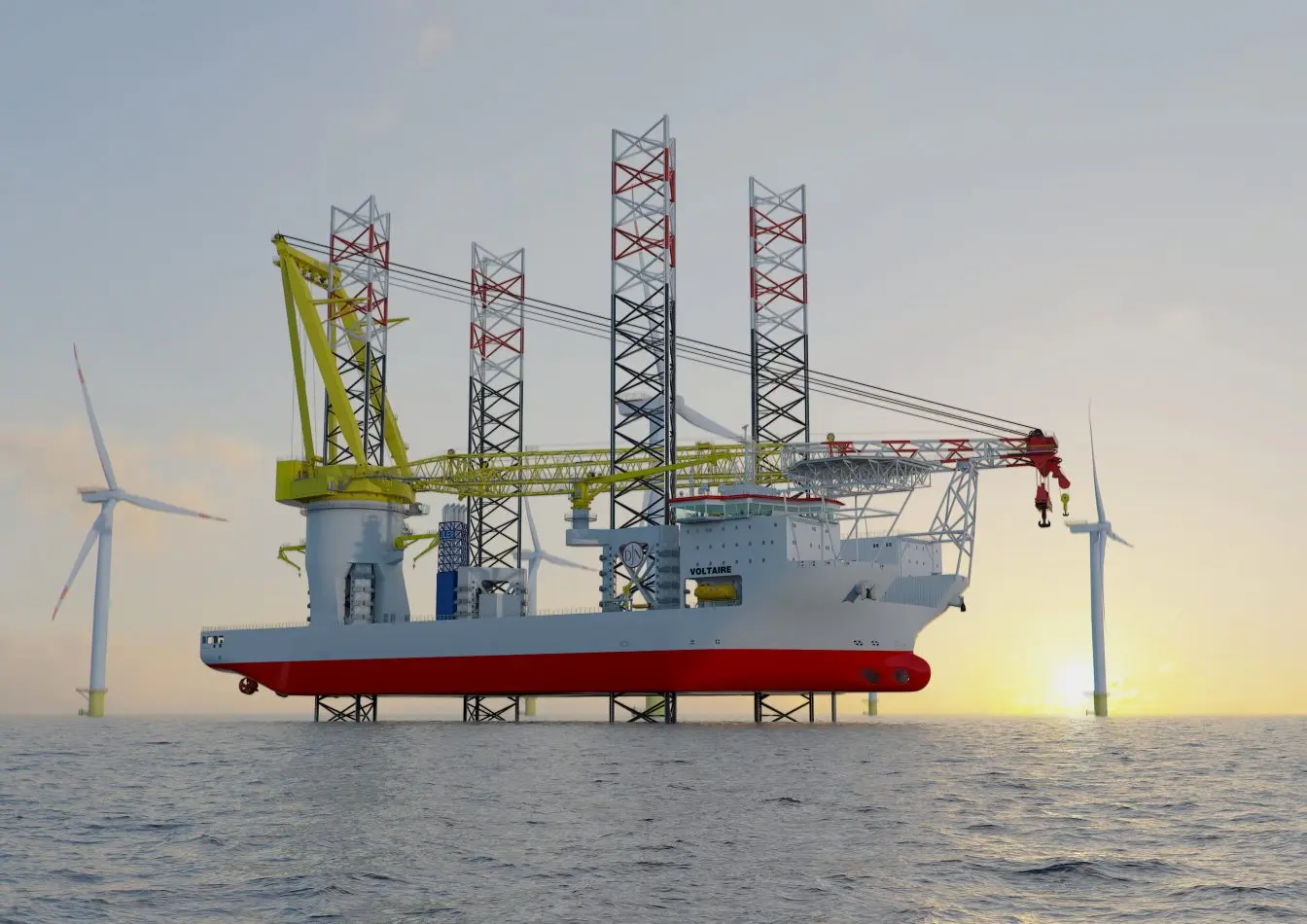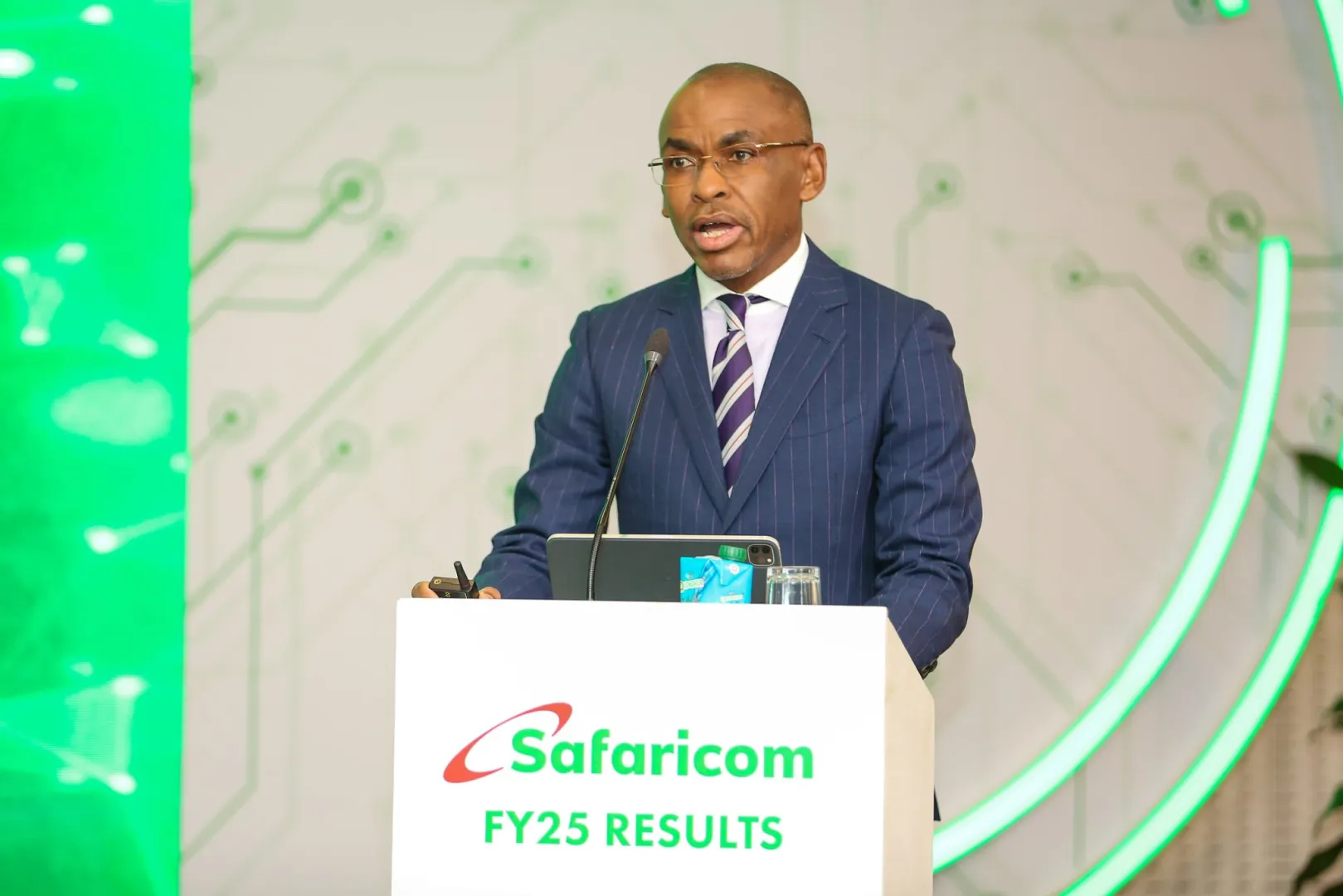South Sudan is facing profound macroeconomic challenges amid a deteriorating political and security landscape. These challenges are compounded by the ongoing conflict in neighboring Sudan, recurrent flooding, and the country’s heavy reliance on oil revenues. As the country struggles with economic instability, the International Monetary Fund (IMF) is assessing the readiness of the South Sudanese government for new financing by November 15, 2024. This review is a critical step for South Sudan in securing the much-needed economic assistance under the IMF’s Staff-Monitored Program with Board Involvement (PMB).
Overview of South Sudan’s Economic Challenges
South Sudan’s economic woes stem primarily from its reliance on oil, which accounts for around 90% of government revenue. However, oil production has sharply declined due to depleted wells and pipeline disruptions caused by internal conflicts and geopolitical tensions. In February 2024, the main pipeline that carried about 70% of South Sudan’s oil exports became inoperable, leading to a severe drop in revenues and exacerbating inflationary pressures. Additionally, flooding has severely impacted agricultural production, increasing food insecurity and inflation.
Complicating the situation is the conflict in Sudan, which has led to disruptions in trade routes and an influx of refugees into South Sudan. According to the United Nations, nearly 500,000 Sudanese refugees have fled to South Sudan since the conflict began in April 2023. The humanitarian crisis has added immense pressure on South Sudan’s already fragile economy and infrastructure, stretching public resources thin.
IMF’s Staff-Monitored Program (PMB)
The IMF initiated the PMB with South Sudan in February 2023 to help the government implement structural reforms and stabilize the economy. This program focuses on improving governance, enhancing transparency, and maintaining macroeconomic stability. A key condition of the PMB is for South Sudan to publish all oil production-sharing agreements with international oil companies, ensuring transparency in oil revenues—a vital step for regaining investor confidence and fostering economic sustainability.
Under the PMB framework, the IMF is evaluating South Sudan’s performance toward meeting several quantitative targets. These include the management of oil revenues, fiscal policy reforms, and improving debt sustainability. South Sudan has missed several benchmarks, leading to multiple extensions of the PMB, including the latest extension to November 15, 2024.
Recent Developments in the IMF Review
An IMF mission led by Mame Astou Diouf visited Juba from September 25 to October 2, 2024, to hold discussions with South Sudanese authorities on the country’s progress under the PMB. According to Diouf, the mission’s primary focus was on South Sudan’s macroeconomic performance, policy plans, and progress on structural reforms aimed at addressing inflation, monetary financing, and exchange rate policies.
“The mission discussed performance towards the PMB quantitative targets at the end of June 2024 and progress in implementing the structural benchmarks,” Diouf noted, emphasizing the importance of the upcoming November 15 deadline. Despite the challenges, the IMF remains committed to helping South Sudan navigate its economic crisis through continued technical assistance and financial oversight.
Oil Revenue Decline and Economic Implications
South Sudan’s economy has been severely affected by the sharp decline in oil revenues. Oil production, which once brought in around $3.4 billion annually, has significantly decreased, leading to a rise in inflation, currency depreciation, and poor budget execution. The collapse of oil exports since February 2024 has further strained the government’s ability to pay salaries and meet public expenditure obligations, contributing to public discontent and unrest.
In an effort to diversify its revenue base, the South Sudanese government has attempted to improve tax collection and expand its non-oil revenue sources. However, these efforts have been met with limited success due to corruption, weak governance structures, and ongoing political instability.
Currency Depreciation and Inflation
The South Sudanese Pound (SSP) has depreciated significantly against the US dollar since the onset of the oil production crisis. With a dwindling supply of foreign exchange reserves, the central bank has been unable to stabilize the currency, leading to high inflation. As of September 2024, inflation stood at around 60%, with food prices soaring due to shortages and disrupted supply chains.
The IMF has encouraged South Sudan to address the root causes of inflation by strengthening its monetary policy framework. In October 2022, the IMF helped establish a term-deposit facility to improve liquidity management, but rapid reserve money growth and limited foreign exchange auctions have undermined these efforts. The upcoming review will likely focus on whether the government can curb inflation and stabilize the exchange rate.
Regional Spillover Effects
The ongoing conflict in Sudan has had far-reaching effects on South Sudan’s economy. The disruption of trade routes through Sudan, especially the Red Sea port, has significantly raised transportation and insurance costs for South Sudan’s oil exports. Additionally, the conflict has worsened the humanitarian situation, with thousands of refugees entering South Sudan and placing additional pressure on its already fragile economy.
The war in Sudan has also impacted infrastructure projects, particularly the oil-for-roads program, where oil revenues are used to finance critical road construction. Disruptions in oil production have delayed the implementation of these infrastructure projects, further hindering South Sudan’s economic recovery efforts.
International Support and the Way Forward
The IMF has been working closely with South Sudan’s government and international donors to provide technical assistance and financial support. Beyond the PMB, South Sudan is seeking broader engagement with multilateral financial institutions to secure debt relief and new financing arrangements. The IMF has urged the South Sudanese government to focus on fiscal discipline, improve governance, and increase transparency in public finances, particularly in the management of oil revenues.
Despite the bleak economic outlook, there are some signs of potential recovery. The South Sudanese government has committed to several reform measures, including publishing quarterly reports on the oil sector and enhancing budget transparency. Moreover, international partners such as the African Development Bank (AfDB) and the World Bank have expressed their willingness to support South Sudan in its reform journey.
Conclusion
The IMF’s upcoming review of South Sudan’s economic performance by November 15, 2024, will be crucial in determining the country’s eligibility for new financing under the PMB. With a collapsing oil industry, rising inflation, and political instability, South Sudan faces significant hurdles in achieving economic recovery. However, with continued support from the international community and a commitment to governance reforms, there is hope that South Sudan can stabilize its economy and lay the foundation for sustainable growth.
The extension of the PMB provides South Sudan with a critical window of opportunity to implement much-needed reforms. The success of these reforms will depend on the government’s ability to improve fiscal management, enhance transparency in oil revenue usage, and address the underlying macroeconomic challenges that have plagued the country since its independence.
photo source: Google
By: Montel Kamau
Serrari Financial Analyst
3rd October, 2024
Article, Financial and News Disclaimer
The Value of a Financial Advisor
While this article offers valuable insights, it is essential to recognize that personal finance can be highly complex and unique to each individual. A financial advisor provides professional expertise and personalized guidance to help you make well-informed decisions tailored to your specific circumstances and goals.
Beyond offering knowledge, a financial advisor serves as a trusted partner to help you stay disciplined, avoid common pitfalls, and remain focused on your long-term objectives. Their perspective and experience can complement your own efforts, enhancing your financial well-being and ensuring a more confident approach to managing your finances.
Disclaimer: This article is for informational purposes only and does not constitute financial advice. Readers are encouraged to consult a licensed financial advisor to obtain guidance specific to their financial situation.
Article and News Disclaimer
The information provided on www.serrarigroup.com is for general informational purposes only. While we strive to keep the information up to date and accurate, we make no representations or warranties of any kind, express or implied, about the completeness, accuracy, reliability, suitability, or availability with respect to the website or the information, products, services, or related graphics contained on the website for any purpose. Any reliance you place on such information is therefore strictly at your own risk.
www.serrarigroup.com is not responsible for any errors or omissions, or for the results obtained from the use of this information. All information on the website is provided on an as-is basis, with no guarantee of completeness, accuracy, timeliness, or of the results obtained from the use of this information, and without warranty of any kind, express or implied, including but not limited to warranties of performance, merchantability, and fitness for a particular purpose.
In no event will www.serrarigroup.com be liable to you or anyone else for any decision made or action taken in reliance on the information provided on the website or for any consequential, special, or similar damages, even if advised of the possibility of such damages.
The articles, news, and information presented on www.serrarigroup.com reflect the opinions of the respective authors and contributors and do not necessarily represent the views of the website or its management. Any views or opinions expressed are solely those of the individual authors and do not represent the website's views or opinions as a whole.
The content on www.serrarigroup.com may include links to external websites, which are provided for convenience and informational purposes only. We have no control over the nature, content, and availability of those sites. The inclusion of any links does not necessarily imply a recommendation or endorsement of the views expressed within them.
Every effort is made to keep the website up and running smoothly. However, www.serrarigroup.com takes no responsibility for, and will not be liable for, the website being temporarily unavailable due to technical issues beyond our control.
Please note that laws, regulations, and information can change rapidly, and we advise you to conduct further research and seek professional advice when necessary.
By using www.serrarigroup.com, you agree to this disclaimer and its terms. If you do not agree with this disclaimer, please do not use the website.
www.serrarigroup.com, reserves the right to update, modify, or remove any part of this disclaimer without prior notice. It is your responsibility to review this disclaimer periodically for changes.
Serrari Group 2025












